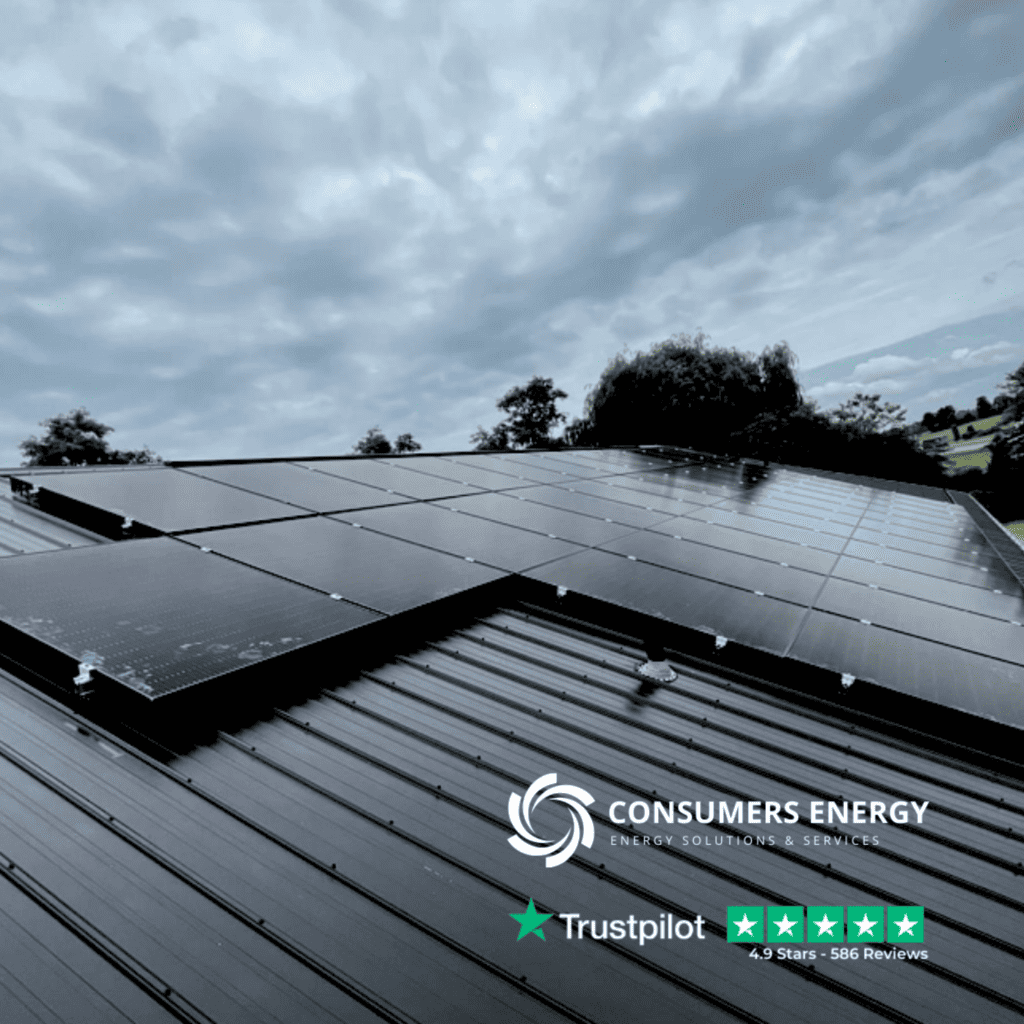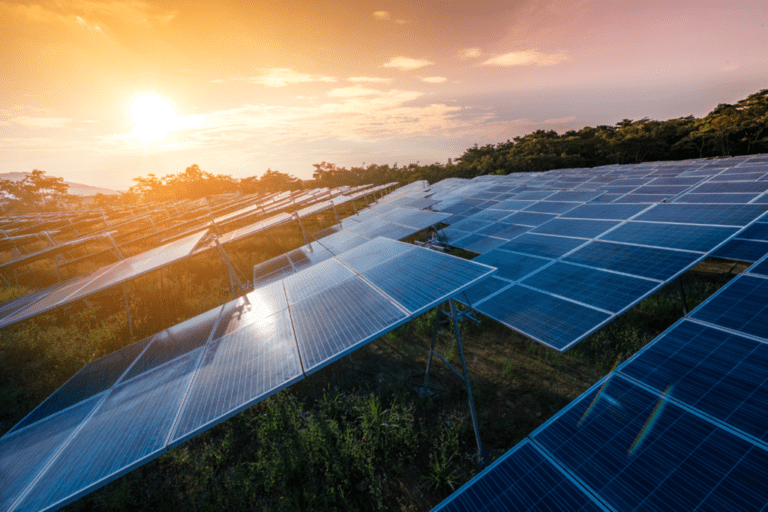Solar Energy: The Way Of The Future
Understanding Solar Technologies
Solar technologies harness the power of sunlight in two primary ways: photovoltaic (PV) technology and concentrated solar power (CSP).
PV technology utilizes semiconductor materials like silicon to convert sunlight into electricity. When sunlight hits PV cells, it prompts electrons to flow, generating an electrical current. These cells can be arranged into panels, forming solar arrays capable of powering homes and businesses.
On the other hand, CSP technology employs mirrors to concentrate sunlight onto a receiver. This concentrated sunlight heats a fluid, like water or oil, producing steam that drives turbines to generate electricity. CSP can also store energy in thermal storage systems for use during periods of limited sunlight.
In essence, solar technologies offer a sustainable and clean energy source with versatile applications. Continuous technological advancements and reduced costs are making solar energy increasingly accessible and cost-effective, positioning it to play a pivotal role in meeting global energy demands.
Why Choose Solar?
Investing in solar energy presents a compelling opportunity for long-term financial savings. With solar panels boasting a lifespan of 25 to 30 years and continually decreasing costs, they offer an increasingly affordable energy solution. Moreover, governments worldwide provide incentives and tax credits to encourage adoption, enhancing the financial appeal. While returns may vary based on factors like location and panel efficiency, thorough research and expert consultation ensure informed decision-making for maximum benefit.

Solar Panels Installation in Trenton, Ontario
Our Installs

Financial Benefits of Going Solar: How Switching to Solar Energy Can Save You Money




Frequently Asked Questions:
Residential solar panels convert sunlight into electricity through the photovoltaic (PV) effect. They consist of multiple solar cells that capture the sunlight and convert it into usable electricity for your home.
Residential solar panels are suitable for most homes, provided you have a roof or area with adequate sunlight exposure. Factors such as roof orientation, shading, and structural integrity will be assessed during a site evaluation to determine suitability.
The cost of installing residential solar panels can vary depending on factors such as system size, equipment quality, installation complexity, and any additional features. It’s best to utilize our NET ZERO program that does not have any up front fees.
While it’s technically possible to install solar panels yourself, it’s highly recommended to hire a professional solar installer. We have the expertise, knowledge, and equipment to ensure a safe and efficient installation, and they can handle any necessary permits and paperwork.
The installation time for residential solar panels can vary depending on the complexity of the system and the size of your home. On average, the installation process, including permits and inspections, can take anywhere from a few days to a few weeks.
It’s recommended to assess the condition of your roof before installing solar panels. If your roof is near the end of its lifespan, it’s usually better to replace it before the solar installation to avoid any potential issues or additional costs down the line.
While solar panels generate the most electricity under direct sunlight, they will still produce power on cloudy or snowy days. However, the energy output may be lower compared to sunny days by 3%-5%. The overall energy production will depend on the intensity of available light.
In a typical grid-tied solar panel system, you will not have power during a power outage for safety reasons. However, with the addition of battery storage systems, you can have backup power available during outages to keep essential appliances running.
Solar panels generally require minimal maintenance. Periodic cleaning to remove dirt or debris and inspections to ensure proper functioning are recommended. We also offer 30 years bumper to bumper warranties and maintenance packages for added peace of mind.
Yes, installing solar panels can increase your property value by 7%-10%. Studies have shown that homes with solar panels tend to sell for a higher price and sell faster than homes without solar installations.
Yes, there are several financing options available for residential solar installations. These may include solar loans, leasing agreements, power purchase agreements (PPAs), or government incentives that offer financial assistance for going solar.
While your electricity bills will be significantly reduced after installing solar panels, you may still have some charges such as connection fees or supplemental electricity usage from the grid during periods of high demand.
Yes, in many jurisdictions, including Ontario, net metering allows you to sell excess electricity generated by your solar panels back to the grid, earning credits that can offset your future electricity consumption.
Yes, there are often government incentives and rebates available to encourage residential solar installations. These can include tax credits, grants, or net metering program. In Ontario you can receive up to $5,600 in total rebates. Check with us for available incentives in your area.
Yes, most solar panel manufacturers provide warranties that cover the performance and durability of their panels. Additionally, we extend these warranties to up to 30 years. It’s important to review and understand the warranties associated with your specific solar system.

